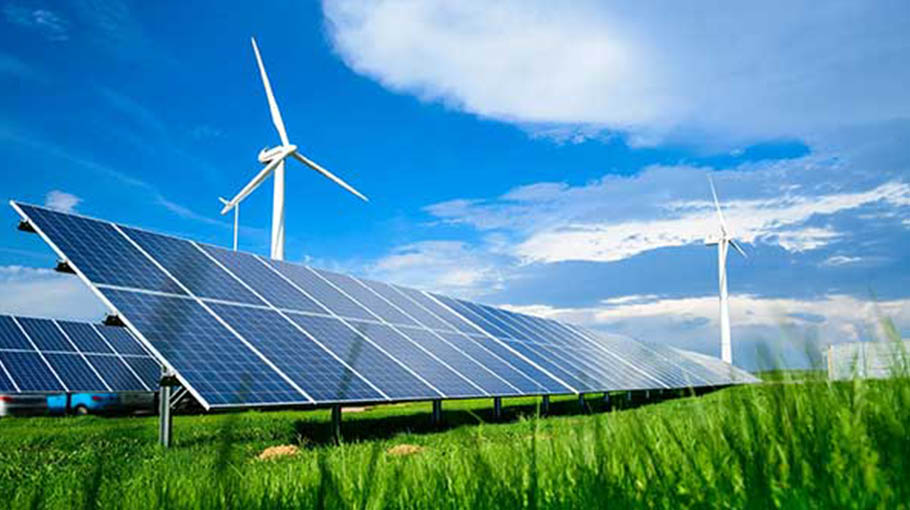Renewable energy development lags

Despite the world leaning towards renewable energy to ensure energy security, keeping carbon dioxide emissions at a low level in the face of adverse climate change, the expansion of green energy in Bangladesh is slow.
Bangladesh has made remarkable success in power generation over three terms of the Awami League. Bangladesh has now transformed from a power-shortage country into a power-surplus country. But, the government’s efforts to meet its own target for power generation from renewable energy have failed to keep up.
Over two crore people of the country have been brought under electricity facilities through setting up over 60 lakh solar home systems. This is the largest and most globally renowned Solar Program. Moreover, people of the remote areas are being provided electricity through installing 26 solar mini-grids while more than 2000 diesel-run irrigation pumps were converted into solar-run pumps to reduce the use of liquid fuels.
Although there has been widespread success with the off grid system, the mega project did not have much success.
In the last 13 years, several contracts have been signed to build 20 solar power plants. Of these, only six power plants with a capacity of 229 MW have started electricity generation.
According to the power division projection, the demand for electricity in the country will be 18,500 MW, while generation capacity will be 32,888 MW in 2024. Several fossil fuel based power plants are now under construction to meet the target. But renewable energy based power plants are lagging behind.
According to the target, some 1675MW of electricity is expected to add to the national grid from renewable energy by 2024. But in reality, a maximum of 50 MW of electricity can be added to the national grid. Because, the construction work of most of the power plant projects are going on very slowly.
According to Bangladesh Power Development Board (BPDB), nine power plants with 409 MW capacity are now under construction at different stages in the private sector. The government will purchase electricity from the power plants.
On the other hand, 32 more power plants with total capacity 15,063MW of electricity are now at the planning stage, and may start generation by 2030.
However, a total of 22 power plants in public, private and public-private joint initiatives with capacity of 3,016MW is now under agreement processing.
Besides, tenders are underway for six more power plants with a capacity of 639 MW, which may go into operation by 2023. On the other hand, 32 more power plants with a total capacity of 15,063MW of electricity are now in the planning stage.
But no contract has been signed for any of the power plants so far, and it is also uncertain when the main work will start.
Prime Minister Sheikh Hasina has been elected president of the ‘Climate Vulnerable Forum’. The forum members want to ensure 100 percent renewable energy by 2050 in their own countries. Bangladesh also committed to generating 40 percent of electricity from renewable energy by 2050.
The Power System Master PLan (PSMP) 2016 had set a target to reach the renewable energy’s share to 10 percent of total power generation capacity (around 2500 MW) by 2021.
However, currently, Bangladesh's installed power generation capacity is about 22,000 MW. Of the amount, only 780 MW is being generated from renewable sources, representing about 3 percent of the total generation capacity.
State Minister for Power, Energy and Mineral Resources Nasrul Hamid has said it is not possible to set up land-based large-scale solar plants as land is being used for agriculture and other necessary purposes. However, the government has been making all-out efforts with limited resources to promote renewable energy. The government has introduced the net metering system to encourage rooftop solar panels while initiatives have been taken to use other sources like floating solar power plants, wind and waste for energy due to scarcity of land.





